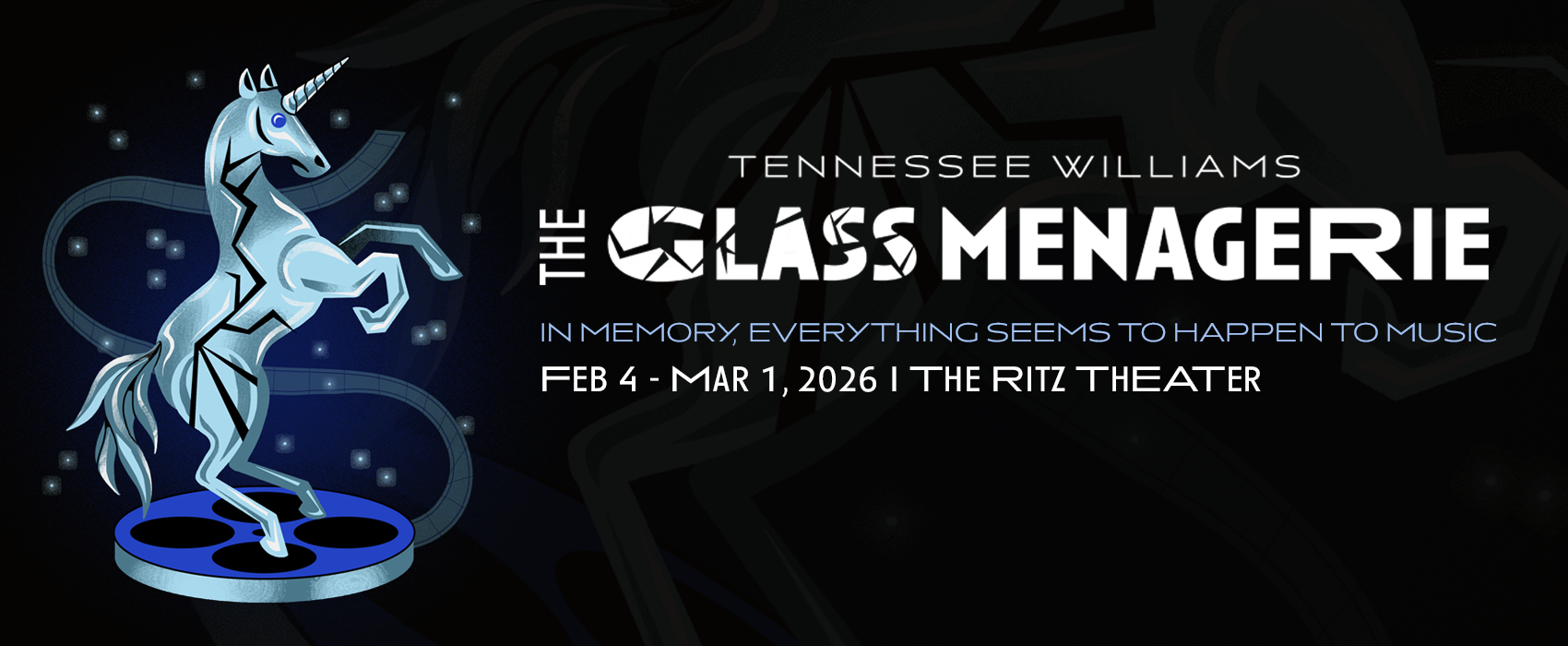A trio takes flight
/March 24, 2009.By Tom Wallace, Star Tribune.
"Passage of Dreams," a trio of short musicals developed in New York and Minneapolis over the past seven years, made its strangely evocative world premiere Saturday evening at the Southern Theater. Director Peter Rothstein's vibrant cast and aerial acrobatic artist, Heather Haugen, transport us to three vastly different realms: Paris pre-World War II, a Wisconsin barbecue and a drought-stricken wasteland. Composer Jeff Tang and lyricist/book writer Katie Baldwin Eng excavate the subconscious of personal and collective memory in three pieces that will appeal to both general audiences as well as those who prefer the avant-garde.
The title piece, which plays first, reveals a Paris street scene in the style of Dadaism; a suitable approach for a dream that has its own inherent inexorable illogicality. Women in boxes sitting atop scaffolding on rollers elude Jean (Randy Schmeling), a young man in a trench coat with a potted plant perched on his bowler hat. Haugen, stationed in one of the boxes, is aptly named Flight, a romantic fantasy on a trapeze. Joseph Spoelstra’s ethereal guitar accompanies feathers pulled from a bed pillow, signifying snowflakes falling on disenchanted love.
With the second offering, “Bessie’s Birthday,” Eng has crafted an ingenious interplay between goofy characters confined by prejudices. Conflict arises when bohemian Delphine (Emily Gunyou Halaas and boyfriend Max (Schmeling) fly in from New York to Wisconsin for Delphine’s sister Bessie’s 30th birthday barbeque. Janet Hanson and Gary Geiken, pitch-perfect as the uptight parents, sharply contrast Sally Ann Wright and Fred J. Wagner, outrageously hilarious as their loose-cannon best friends.
Simone Perrin’s soulful vocals as Bessie, who suffers the effects of a childhood brain injury, reveal an underestimated woman who fathoms the dysfunction of the adults surrounding her. Geiken relishes a scene where he seduces vegetarian Max into eating meat. Schmeling in turn sings unconscious insults about the partygoers’ politics. Unfortunately, there are no song titles listed in the program. Nonetheless, Tang’s terrific Bessie score often has the wondrously expansive feel of Aaron Copland.
The third offering, “Thirst,” evokes a sense of biblical plague. The setting is a world where water has dried up. While a nuclear family is simply sitting out in the drought, Rain, symbolically played by Haugen, streams in from above the playing area. She twirls lyrically for an extended period on aerial silks up and down a roughly 20-foot drip while music director Denise Prosek’s superb string ensemble and cast vocalists match Haugen to utterly transcendent effect. A waking nightmare becomes a dream come true.


